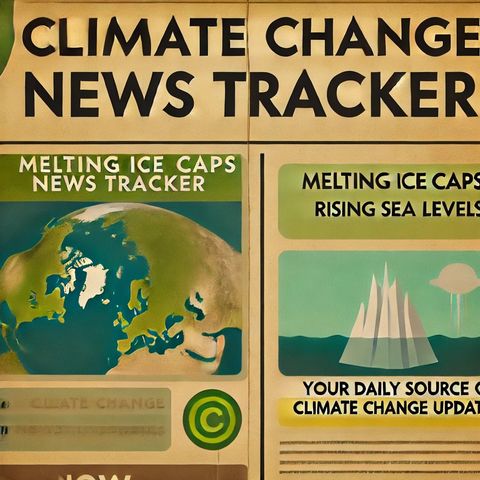Coastal Wastewater Adaptation in Hawaii: Urgent Response to Sea-Level Rise

Download and listen anywhere
Download your favorite episodes and enjoy them, wherever you are! Sign up or log in now to access offline listening.
Coastal Wastewater Adaptation in Hawaii: Urgent Response to Sea-Level Rise
This is an automatically generated transcript. Please note that complete accuracy is not guaranteed.
Description
Researchers supported by the Pacific Islands Climate Adaptation Science Center (CASC) are delving into the urgent challenge of adapting coastal wastewater systems to sea-level rise, with a focus on Hawai'i....
show moreHawai'i, with its picturesque coastline and vibrant marine life, faces a daunting environmental threat from the impacts of climate change. As sea levels continue to rise, the pressure on wastewater infrastructure increases, potentially leading to more frequent and severe cases of coastal pollution. The geographical and infrastructural challenges unique to island communities like Hawai'i exacerbate the urgency of addressing these issues head-on.
The rapid infiltration of untreated wastewater into oceanic environments not only threatens water quality but also endangers the delicate balance of marine habitats. Coral reefs, which are already under stress from warming oceans and acidification, face additional harm from nutrient-rich pollution, accelerating coral degradation and diminishing the biodiversity that thrives in these underwater communities.
Researchers are actively exploring the vulnerabilities in current wastewater systems, seeking to understand how rising seas may overwhelm existing infrastructure. This includes studying the infiltration rates and pathways through which wastewater makes its way to the shoreline. Understanding these dynamics is crucial for developing effective strategies to combat pollution and mitigate potential health risks for residents and visitors alike.
Proactive adaptation measures are essential, with researchers advocating for infrastructure upgrades and the introduction of sustainable technologies to protect coastal ecosystems. Innovations such as the installation of backflow prevention devices, elevation of key infrastructure, and the use of green infrastructure solutions like constructed wetlands are among the strategies being considered to enhance the resilience of wastewater systems.
Community engagement and collaboration with local stakeholders are also vital components of this effort. Educating and involving residents in discussions about adaptive strategies ensures that initiatives align with cultural and regional needs while fostering a collective commitment to safeguarding Hawai'i's natural resources.
This research underscores the urgent need for comprehensive planning and investment to reinforce wastewater systems against the growing challenges posed by climate change. By addressing the immediate threats and preparing for future scenarios, Hawai'i can protect its coastal waters and preserve the environmental heritage that defines its islands.
Ultimately, the findings and methodologies emerging from this research may serve as a model for other coastal regions facing similar challenges, highlighting the importance of resilience, adaptation, and sustainable practices in the face of a changing climate.
Information
| Author | QP-4 |
| Organization | William Corbin |
| Website | - |
| Tags |
Copyright 2024 - Spreaker Inc. an iHeartMedia Company

Comments